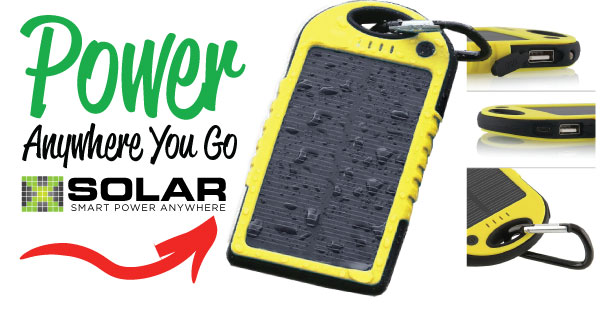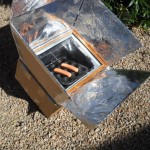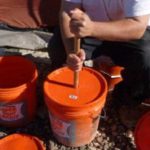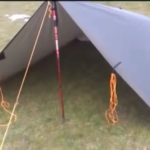We all know that there are certain costs when it comes to accumulating items for survival preparedness. However, it is easy to overlook how much money you will need to maintain and obtain new supplies, move from one location to the next and cover basic living expenses during a particular crisis. Let’s take a look at some things to consider and prepare for so that you will have financial resources available to see you through until the crisis has passed.
Savings if You Don’t Work
Keep in mind that if you are displaced or your life is disrupted for a prolonged amount of time, chances are that you will not be able to work. How will you be able to sustain yourself? A good rule of thumb in normal circumstances is to make sure that you have at least three months of money in savings to cover your living expenses. Do you have enough money socked away to cover car payments, you rent or mortgage or health insurance? What about groceries, clothes or an unexpected trip to the doctor?
Keep in mind that during a crisis, you may end up spending more money than you would during normal circumstances. It is a good idea to have more than three months of money set aside to give yourself a bigger cushion.
Length of the Situation
You need to consider the potential length of a situation when planning as well. Not every disaster is going to require you to sleep in your vehicle or in the wilderness. Do you have enough money for a hotel stay that can last longer than a week or two? Do you have enough money to pay for gas, food and any kind of unexpected repair costs that you may encounter? Will you be able to lay down a deposit and pay for the first month of rent if you are forced to relocate and settle in a new city?
Remember that you will be burning through money while on the road, even if you are fortunate enough to have a bug out location established in advance. You never want to be caught without enough cash on hand or money in the bank. Remember that bartering and trading are not always reliable sources of income, and you don’t want to be forced to have to sell important items just to keep yourself afloat.
How to Save
You want to have a mixture of cash as well as money in your bank. Of course, if we face an economic collapse or a run on the bank, then your savings may be in jeopardy. However, chances are that you will be facing a different kind of crisis before that happens, so it’s important to prepare for more practical survival situations and not just a SHTF scenario.
What you do want to prepare for is the possibility that ATM machines or point of sale terminals may be offline. Therefore, try to keep a decent amount of cash on you, and hide it in different places. This way, you will always have a certain degree of liquidity without running the risk of losing all of your stash if it gets lost or stolen. However, you also want to have money in the bank. You can always yank it out as soon as you know that impending doom is on the horizon.
It is crucial that you have enough money on hand to cover expenses that will occur based on where you are at, where you may go and how long you will be without any income. Make sure that you cover these bases as much as you prepare for everything else. Don’t get caught without access to financial resources, otherwise you will find yourself in a more complex situation that may have been completely avoidable.















